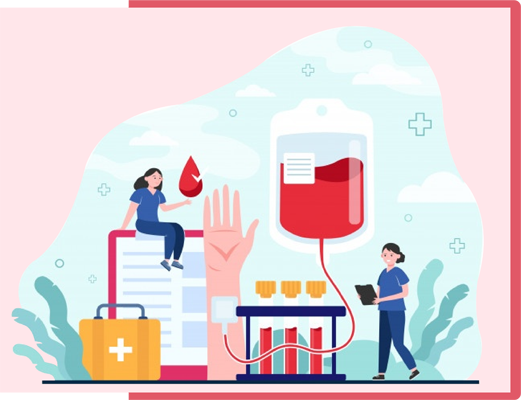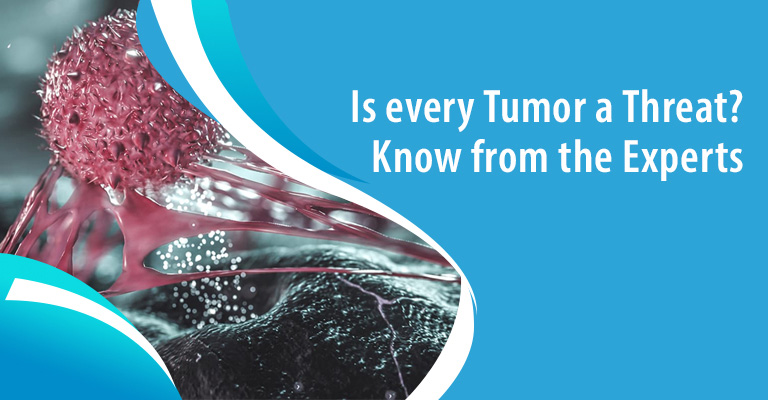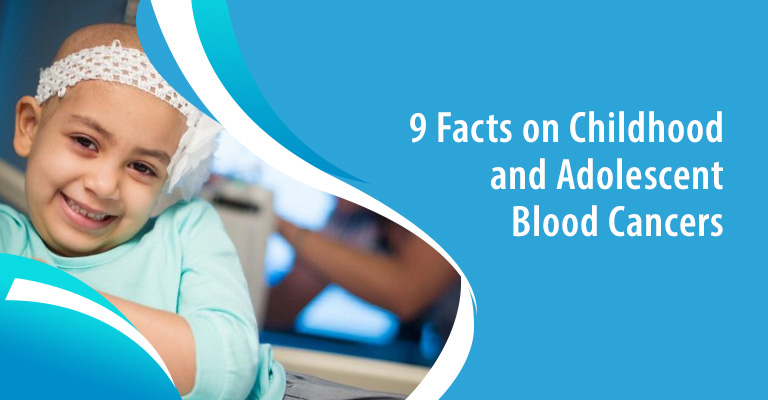Blood is a fluid that transports plasma and cells throughout the body. It provides necessary chemicals to cells and organs, such as carbohydrates, oxygen, and hormones, and eliminates waste from cells. Bone marrow is a soft gel-like substance that produces blood cells in the hollow of our bones. Hematopoiesis is a process that involves the production, development, and differentiation of blood cells.
There are three types of blood cells in your body:
- As part of your immune system, white blood cells combat illness.
- Red blood cells provide oxygen to your body's tissues and organs while also transporting carbon dioxide to your lungs for exhalation.
- When you're hurt, platelets assist your blood clot.
- In humans, plasma makes up about 55 percent of blood fluid. Plasma is 92 percent water, with the remaining 8% containing the following:
- Vitamins
- Glucose
- Hormones
- Proteins
- Mineral Salts
- Fats
Red and white blood cells, as well as platelets, make up the remaining 45 percent of blood. Each of them plays an important part in the proper functioning of the blood. Blood cancer is an umbrella term for various forms of malignancies rather than a single illness. As the name implies, it refers to tumors of the blood; any disease that affects the formation or function of blood is considered a blood cancer.
Medica’s oncology department excels in providing world-class cancer treatment driven by their collective clinical excellence of over 30+ years. With a multidisciplinary approach to treating all types and forms of cancer, our oncologists and onco-surgeons are supported by the latest cancer treatment technologies along with a team of highly-skilled reconstructive surgeons who deliver extensive treatment to all of our patients, adults and children alike.









